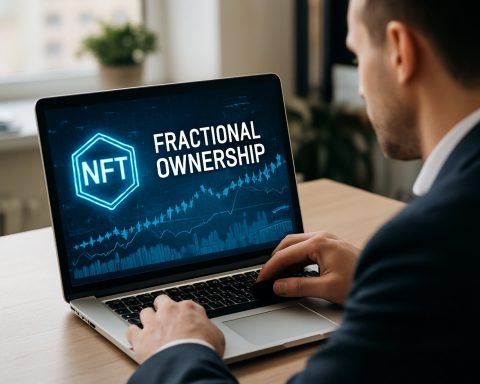
Quantum Tech Revolution: Insights into Computing, Communication, and Sensing Advancements
Quantum Technologies Unleashed: Exploring the Next Frontier in Computing, Communication, and Sensing Market Overview: Quantum Technologies Landscape Emerging Technology Trends in Quantum Innovation Competitive



















